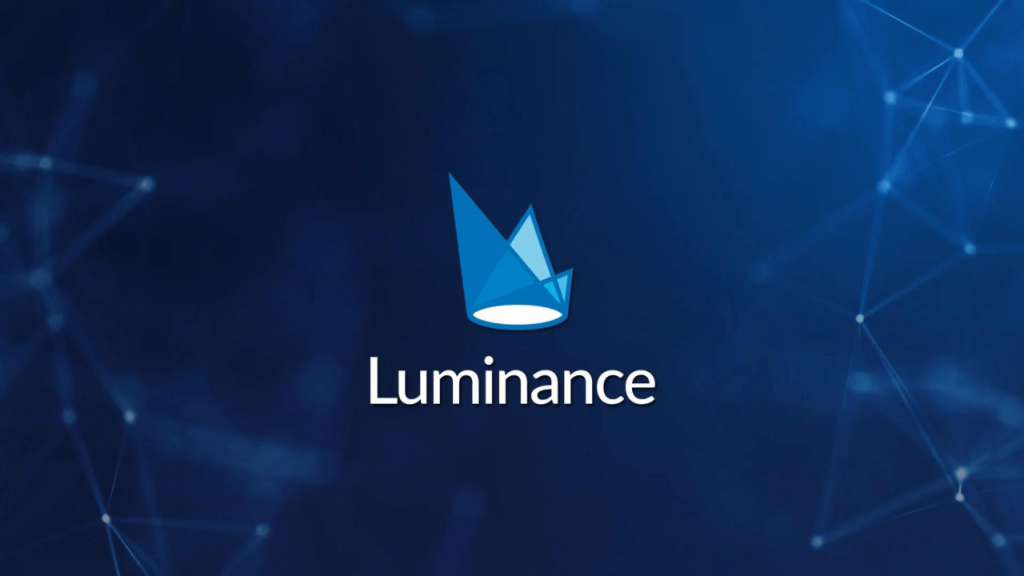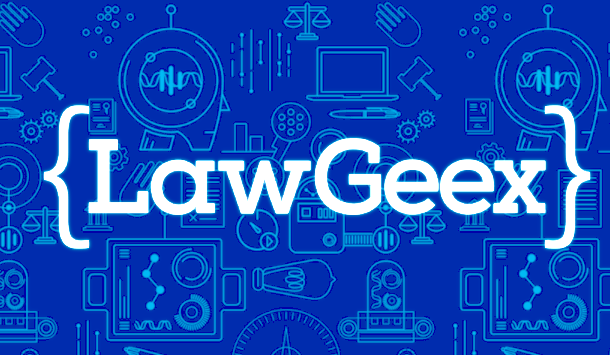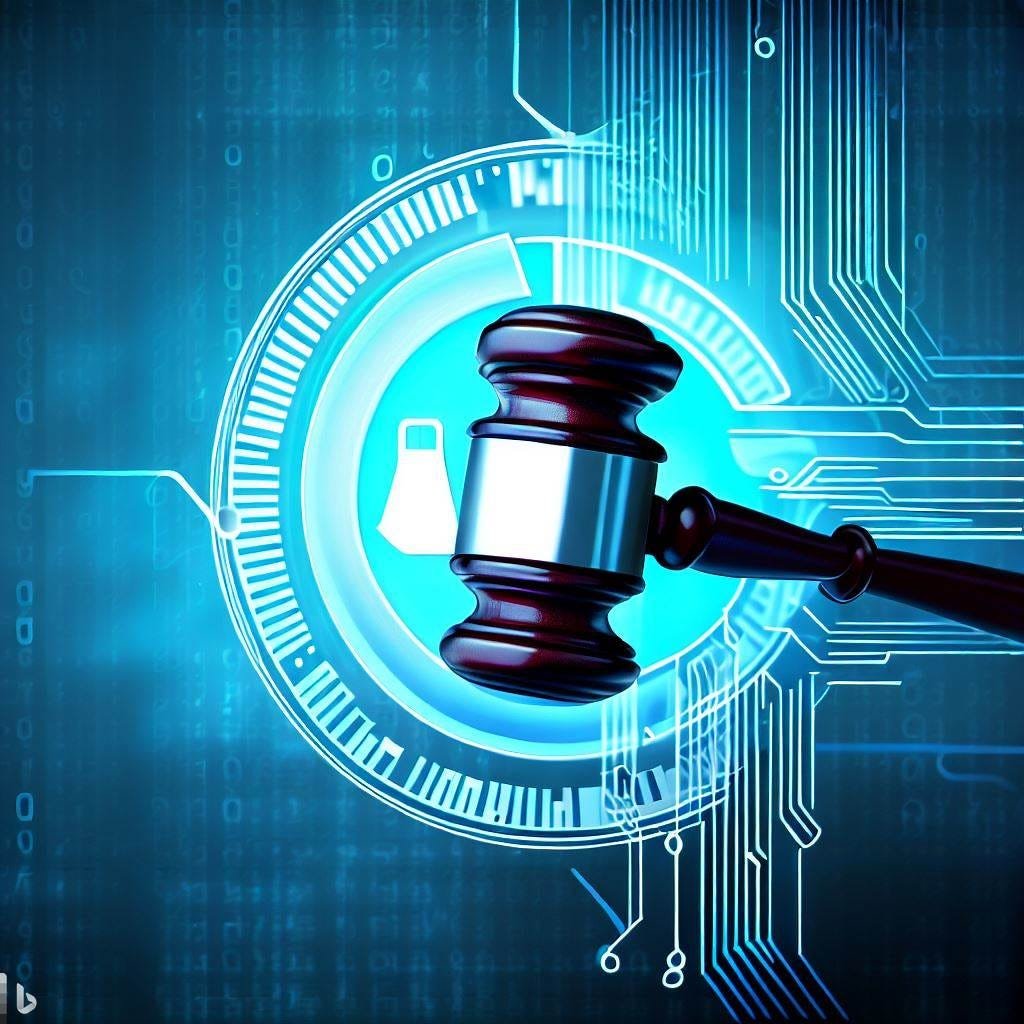Okay, let’s be honest for a second — when most people hear “AI in law,” their first thought is probably: “Cool… but kinda scary?”
Or maybe: “Is it going to replace lawyers?”
But here’s the truth: AI isn’t here to take over. It’s here to help. Seriously.
In 2025, it’s already changing the game — not just for big law firms with massive tech budgets, but for everyday lawyers, solo practices, legal teams, and even law students just getting started.
If you’ve been curious (or maybe a little overwhelmed), this is the no-nonsense guide you’ve been looking for. Let’s walk through what’s happening with AI in law, which tools people actually like, and how this all fits in with the rules and regulations that keep everything in check.
🧠 Why Are Lawyers Using AI Anyway?
Because there’s too much to do and not enough time.
Simple as that.
Lawyers deal with endless paperwork, long contracts, legal research, writing, editing, and more. It’s the kind of stuff that takes forever and doesn’t always need a human brain — just time and focus (which are in short supply).
That’s where AI comes in.
It doesn’t replace the thinking part of law — the judgment, the strategy, the people skills — but it takes the weight off the repetitive, mind-numbing stuff.
So you can stop spending your Friday night combing through 100 pages of contract clauses and maybe — just maybe — get your life back.
🛠 The AI Tools Lawyers Are Actually Using (and liking)
There are a ton of AI tools out there now. Some are amazing. Some are meh. These are the ones lawyers keep mentioning because they’re actually helpful.
💬 ChatGPT (Legal Version)
You’re already using ChatGPT right now, and yep — there are versions built for lawyers. People use it to draft legal docs, brainstorm ideas, clean up language, or even explain complex terms in plain English for clients.
Is it perfect? No.
Is it a huge time-saver? Absolutely.
Think of it like having a fast, super-smart legal assistant in your pocket.

📄 Kira Systems
Kira is basically a contract wizard.
Upload a bunch of contracts, and it scans them in minutes — spotting key clauses, risks, and anything weird you might have missed. Super handy for M&A, real estate deals, or anytime you’re swimming in paperwork.

🔍 Luminance
Luminance does something similar, but with a bigger focus on large-scale document reviews. It’s great if you’re dealing with hundreds of documents and need to quickly spot patterns, risks, or unusual stuff.
It’s like Ctrl+F, but way smarter.

🤝 LawGeex
LawGeex handles the boring-but-important stuff like NDAs and vendor contracts. It compares what’s in a document with your standard policy, then tells you what’s good and what needs changing.
It’s like, “Hey, I read this for you — here’s what to fix.”

⚖ Disco
If you’re handling litigation, Disco is a go-to for reviewing huge piles of emails, messages, and files. It helps you find what really matters in way less time.
Imagine trying to find one important message in a sea of email chains. Now imagine AI doing it for you. That’s Disco.

🧾 What About the Rules? Because… It’s Law, After All
Any time tech moves fast, the law has to play catch-up. And that’s definitely happening with AI right now.
Governments and legal organizations are trying to figure out how to regulate AI — how to make sure it’s safe, fair, and doesn’t get misused.
In Europe, the EU AI Act is leading the charge. It’s a big set of rules that lays out how AI should (and shouldn’t) be used — especially in high-risk areas like health care, hiring, and yes, legal work.
Here are some of the big questions people are asking:
- Can AI-generated work be copyrighted?
- Who’s responsible if an AI tool gives bad advice?
- How do we protect sensitive data when AI tools are reading everything?
If you’re a lawyer, or working with lawyers, these are things you’ll need to understand. Not just for compliance — but because clients are going to start asking questions, and you’ll want to have answers.
💼 Why So Many Law Firms Are All-In on AI
Look — law firms aren’t known for jumping on tech trends early. So if they’re using AI, it means it’s working.
Here’s why they’re on board:
- It saves time.
Seriously — hours saved every week on research, drafting, review. - It saves money.
You can do more work with fewer people. That’s a big deal in a competitive world. - It reduces mistakes.
AI doesn’t get tired. It doesn’t skip that one important clause on page 47. - It impresses clients.
People notice when you move fast, communicate clearly, and deliver results.
And it’s not just the big firms. Solo attorneys and small practices are using AI too, especially tools like ChatGPT, because they’re affordable and easy to start with.
👀 What’s Coming Next?
Honestly? We’re just getting started.
Over the next few years, you can expect to see:
- More legal-specific AI tools — customized for things like family law, IP law, immigration, and more.
- Better built-in privacy and security — especially as laws catch up.
- More people hiring legal tech roles — like “AI Operations Manager” or “Legal Automation Lead.”
And probably a whole lot more conversations about ethics, transparency, and how to make sure AI is helping, not hurting.
✅ The Bottom Line
Here’s the deal:
AI isn’t some scary robot lawyer coming to steal your job. It’s a tool — one that smart lawyers are using to do better work, faster, and with way less stress.
You don’t have to be a tech genius. You don’t have to change everything overnight.
Just start small.
Try one tool. Use it for one thing. See how it feels.
Chances are, you’ll wonder how you ever worked without it.
Connect With US:
X(twitter)| Instagram| Reddit| Quora
or drop us an email to admin@hyperaihub.com or send us your request from Contact us page
